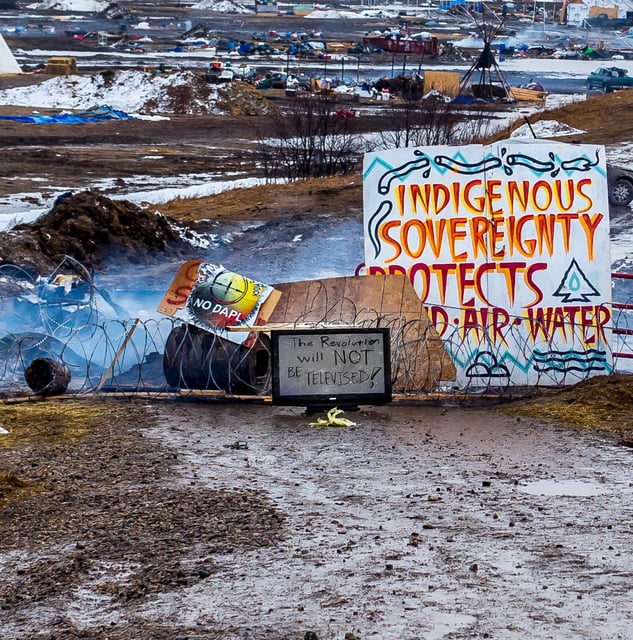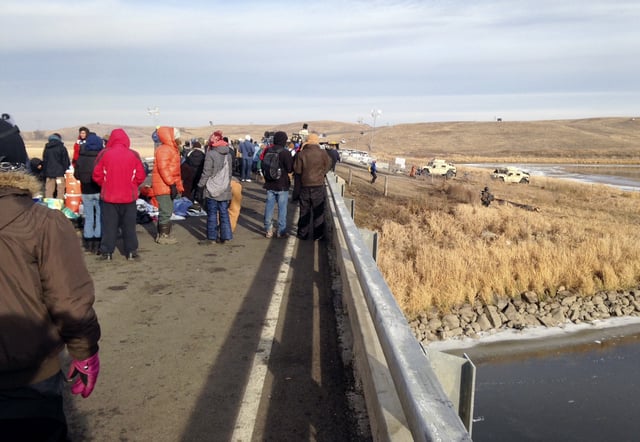Overview
- Energy Transfer, the operator of the Dakota Access Pipeline, alleges Greenpeace orchestrated defamation, property damage, and violent protests during the pipeline's construction in 2016-2017.
- Greenpeace denies the claims, arguing that its actions were peaceful, lawful, and protected under the First Amendment, and characterizes the case as a Strategic Lawsuit Against Public Participation (SLAPP).
- The $300 million in damages sought by Energy Transfer is over ten times Greenpeace USA's annual budget, threatening the organization's financial survival if the court rules against it.
- The trial, taking place in North Dakota, highlights the lack of anti-SLAPP protections in the state and raises concerns about the chilling effect on future protests and activism.
- Indigenous leaders and activists emphasize that the Standing Rock Sioux Tribe led the resistance against the pipeline, with Greenpeace providing support rather than spearheading the movement.



